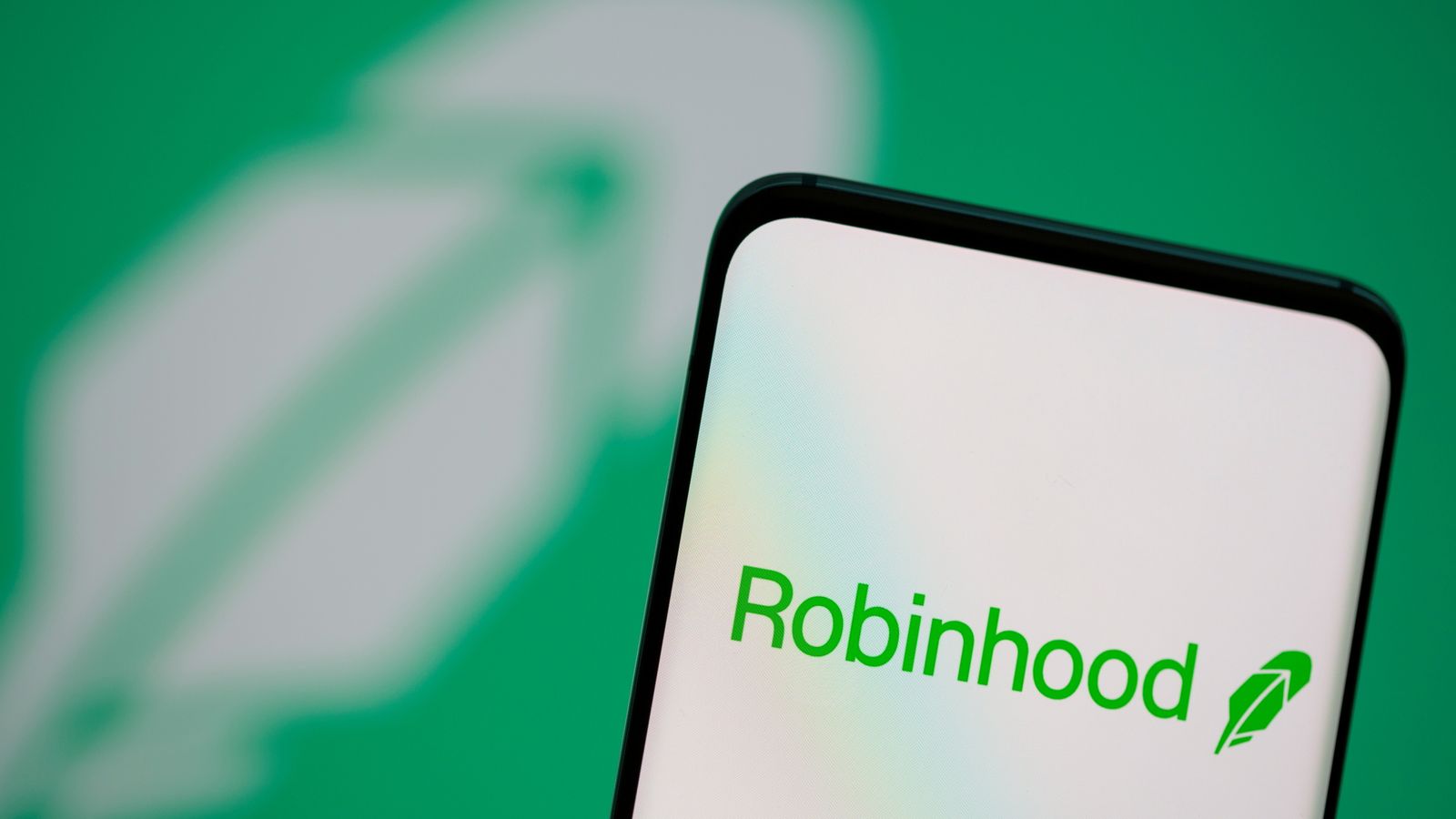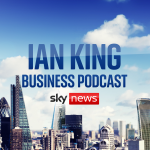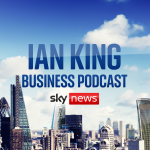Robinhood, the online trading platform linked to an upsurge in armchair investors during the pandemic, has taken its first step towards floating on the stock market.
The US company, under scrutiny after this year’s trading frenzy which saw it curb the buying of shares in the struggling retailer Gamestop, is aiming for a valuation of more than $40bn (£29bn) in its initial public offering (IPO).
Robinhood’s filing with the Securities and Exchange Commission detailed for the first time how the market mania, which gripped amateur investors throughout lockdown, fuelled a four-fold jump in its revenue from January to March, and also how its quick expansion came at a cost.
It reported a net loss of $1.4bn for the period in the fallout of the Gamestop controversy, which saw the platform restrict trading in a bid to prevent individual investors from buying the firm’s stock with the aim of increasing its value.
Users of a forum on Reddit, who largely held accounts on Robinhood, had collaborated to inflict billions of dollars of losses on hedge funds and other so-called short-sellers – those betting that the share price would fall.
The company’s conduct drew criticism from users, politicians and regulators, which were already looking into Robinhood’s aggressive marketing to investors and its failure to make clear to customers that it made most of its money by directing their trades to Wall Street firms taking the other side.
As such, as well as reporting rapid growth, the company has also had to declare a series of investigations by prosecutors and regulators.
Only this week the California-based company agreed to pay a $70m (£50.8m) fine as part of a settlement with US financial regulators who accused it of failing to vet its customers and implement risk controls.
Robinhood and its chief executive Vlad Tenev have received summons and requests for information from a number of government agencies, including the US Justice Department and the US Securities and Exchange Commission.
Please use Chrome browser for a more accessible video player
The company was also sued this year by the family of a 20-year-old stock trader who committed suicide, citing the app’s “misleading communications” that caused their son to panic over what he wrongly believed were huge market losses.
Despite, its turbulent record, Robinhood’s listing on the Nasdaq for the first time is likely to be one of the year’s biggest offerings.
Since its launch in 2014, the firm has shaken up the previously conservative brokerage business, forcing rivals to get rid of commissions and to offer apps that make trading easy.
Robinhood had 17.7 million monthly active users in the first three months of 2021, more than doubling in a year.
The firm wants to reserve some of the stock in its IPO solely for its customers.
Subscribe to the Daily podcast on Apple Podcasts, Google Podcasts, Spotify, Spreaker
Neil Wilson, chief market analyst at Markets.com, said: “Robinhood has ridden – and in many ways helped fuel – a boom in retail trading in recent years, particularly since the pandemic hit.
“Retail investing now comprises roughly 20% of US equity trading volume, doubling in the decade from 2010 to 2020.”
But he also pointed out that “reputational risk is also a big factor post-GameStop” and added: “The business is still not really profitable and the valuation of $40bn-plus looks well above peers, even assuming growth continues apace this year.”
In a sign the company has been looking to put its house on order it appears to have sought to answer critics who said its app treats investing too much like a game.
Now, when customers make their first trade, their first deposit or reach another milestone, there is no more shower of confetti that bursts on their screens.






















